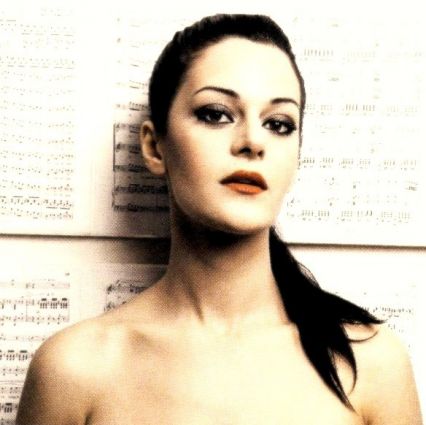It is its majestic, triumphal march. However, it is its mythical – exotic historical backdrop, that of pharaonic Egypt – with which 20th century audiences became acquainted mainly through glamorous Hollywood productions. And it is also most certainly the well-crafted psychologies of its heroes. These are some of the reasons that make 'Aida' by Giuseppe Verdi a timelessly popular opera, for audiences and critics alike.
The 51st Dimitria, in collaboration with Thessaloniki Concert Hall and Skull of Yorick Productions, presents Verdi's popular opera in four acts (libretto by Antonio Ghislanzoni), directed by Zamira Pasceri.
A balancing act between romantic operas and majestic French operas, with exceptional arias, impressive crowd scenes, extensive duets, and a stunning ballet, it is a landmark in Italian music. It is also the first opera by Verdi with a completely original subject matter and plot, which is not based on a pre-existing libretto, literary or theatrical work.
This opera's charms include the combination of geography and plot. The action takes place in Egypt, specifically in Memphis and Thebes, when the pharaohs reigned, and it concerns a love triangle in which the passions of Aida, her beloved Radames and her rival Amneris, come into conflict with their feelings of duty, patriotism and faith between the two peoples, the Egyptians and the Ethiopians. The protagonist, Aida, princess of Ethiopia and prisoner in the court of the pharaohs, is in love with Egyptian general Radames, who reciprocates her feelings. Their “forbidden” love causes the dissatisfaction and rage of Amneris, daughter of the pharaoh, as she is also in love with the general. Fate would have Aida trapped between her emotions regarding the man she loves and her duty towards her father and her homeland. Verdi wanted to discuss the public good and private desire, while at the same time, through his heroine, he speaks with respect about the human rights of the less privileged, whom he defended with passion throughout his life.
'Aida' premiered at the Cairo Opera on 24 December 1871, conducted by composer and contrabassist Giovanni Bottesini – it was supposed to premiere in January 1871, but it was delayed due to the Franco-Prussian war. The European premiere of the opera was held on 8 February 1872 at La Scala in Milan.
The opera is being conducted by Dariusz Mikulski / Haris Iliadis, sets and costumes have been designed by Athanasios Kolalas and lighting is by Eleni Gotsi. Starring Sophia Mitropoulou (Aida), Kassandra Dimopoulou (Amneris), Philip Modinos (Radames), Armando Puklavec (Amonasro) and Christina Mavini (Great Priestess). Also participating is the 'Mary Konstantinidou' Mixed Choir of Thessaloniki (Choir Mistress: Mary Konstantinidou), the Symphony Orchestra of the Municipality of Thessaloniki and members of MOYSA – TCH Megaro Youth Symphony Orchestra.
Greek supertitles.
Co-produced with the Thessaloniki Concert Hall
15/10/2016 | 20:00, 17/10/2016 | 20:00, 19/10/2016 | 20:00


















































































